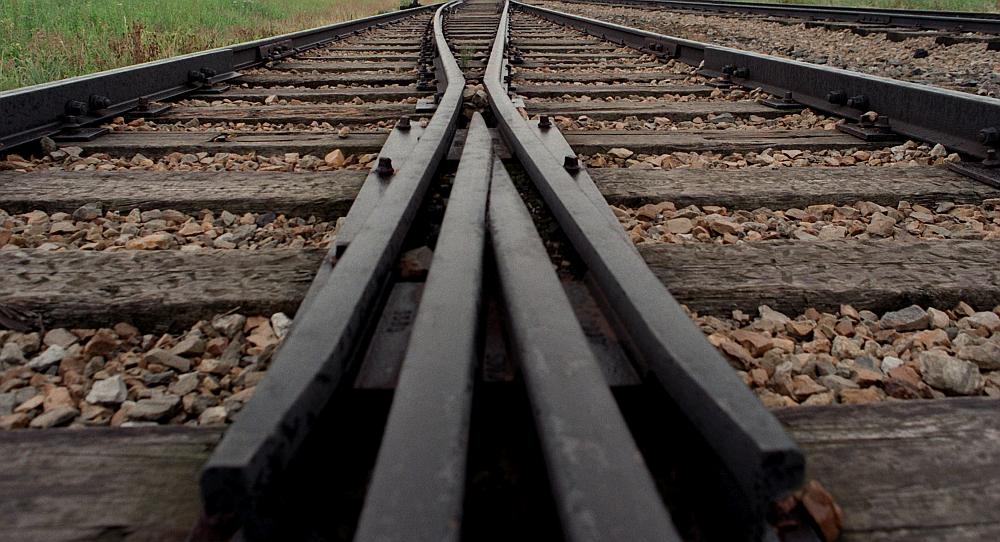
In December 2015, the Ministry of Infrastructure filed for a construction permit. The document was issued on Friday. It holds the validity of three years, with the option of extending it twice for a year, explains Infrastructure Minister Peter Gašperšič.
The minister estimates that early preparatory works on the route (arranging access paths, preparing dumping grounds, relocating communal infrastructure) will start this year, while the tender for construction companies interested in building the so-called "second railway track" could be published by end of 2017. Gašperšič believes the construction phase could start in two years' time.
Project to be lead through 2TDK company
On Thursday the Slovenian government founded a special-purpose entity called 2TDK, which will supervise the construction of the second rail track. The Ljubljana-located company is currently fully state-owned but will later be recapitalised and granted a concession for the construction of 2nd rail line. The government plans to convert 2TDK into a fully functioning investor, which will carry out the construction tender and manage the infrastructure until its concession contract runs out, i.e. likely not sooner than 30 years. While the company remains state-owned, the government will invest land property and up to EUR 200m of capital into it so as to perform preparatory works, apply to tenders for EU funding of the project, and prepare its own tender for private investors.
After recapitalisation, which is due to occur in the middle of 2017, talks on signing a contract with private investors and reaching a financial close could be held. Some funds will need to be borrowed from the European Fund for Strategic Investments (EFSI), and only once the finances are closed can the call for tender be sent out.
The infrastructure directorate of the ministry is currently examining offers for reviewing the cost of building a second track, now estimated at EUR 1.3b. Gašperšič expects for the project to be about EUR 200 m cheaper.
A. Č., translated by K. Z.

































































